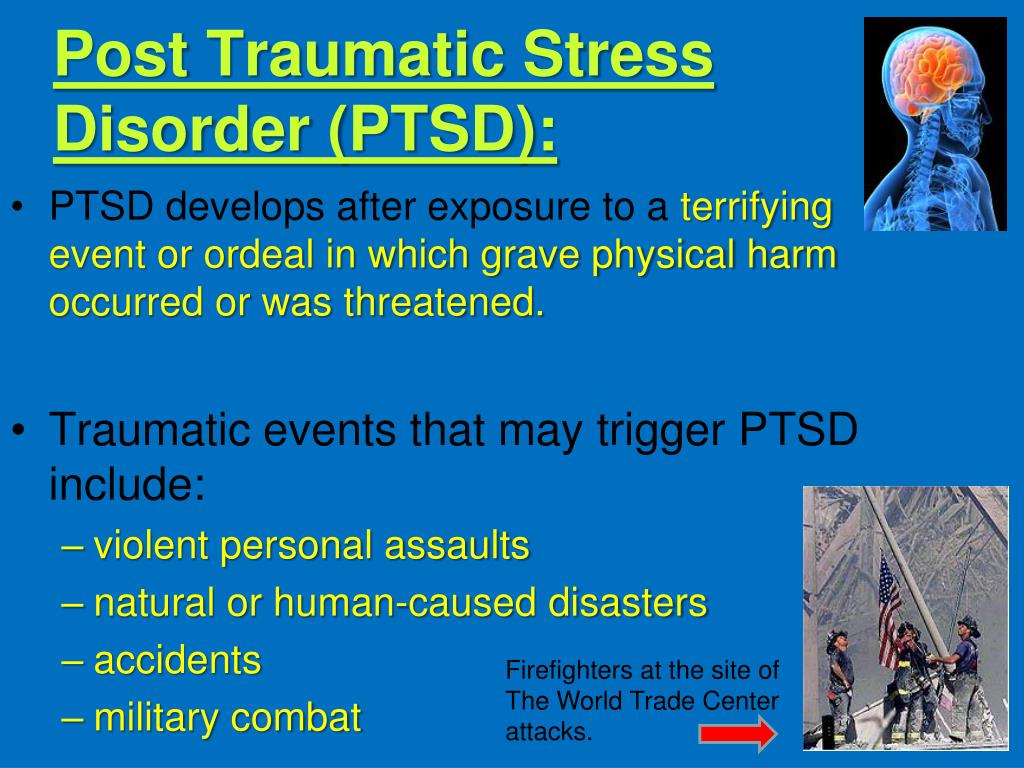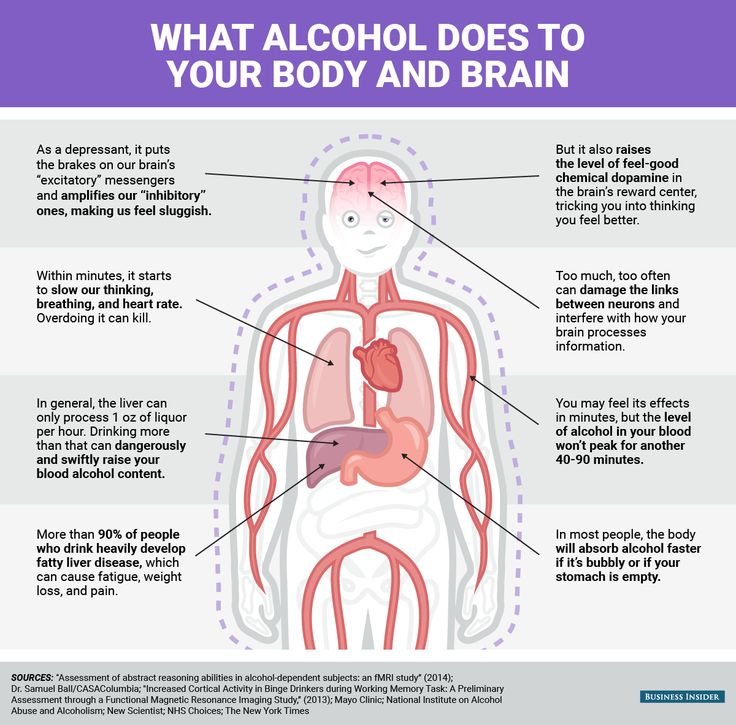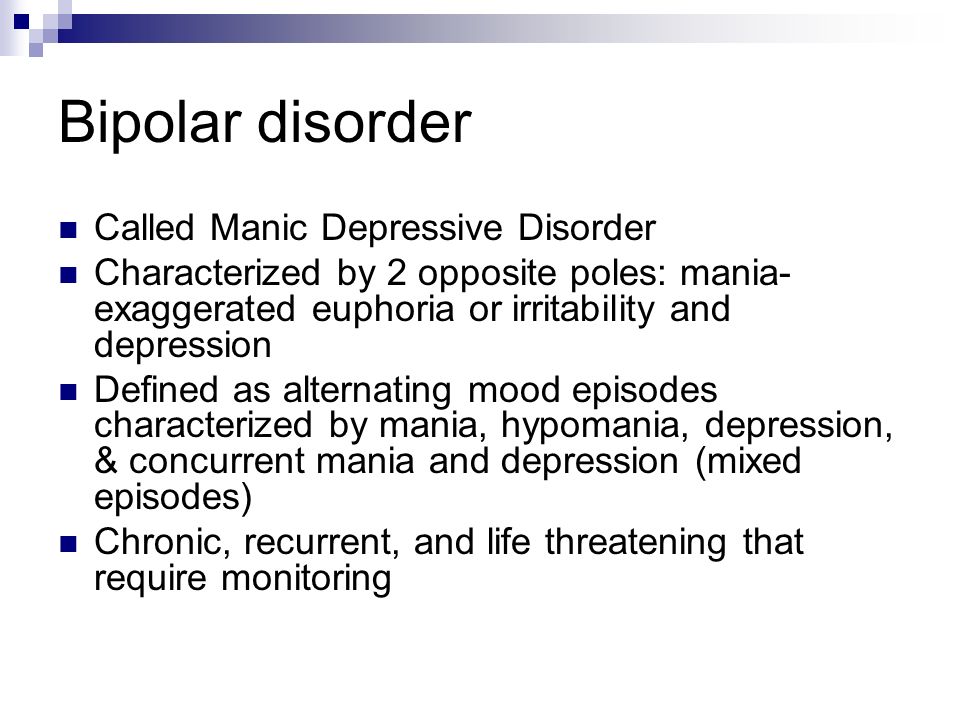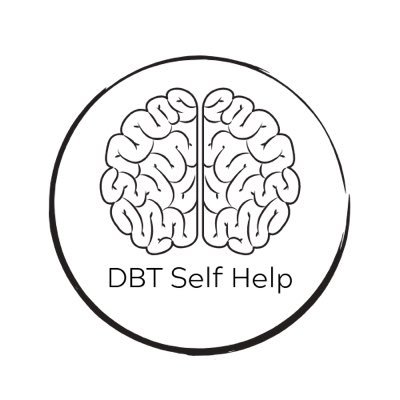Can a therapist tell the police
What does a therapist have to tell the police in MD?
You may question what a therapist does with the information and details about your life you share with them. How much of this information remains confidential? Some people feel hesitant to share certain information with their therapists out of fear of a lack of confidentiality and judgment.
Some people feel hesitant to share their deepest and darkest secrets with their therapist. Once trust is built, you may eventually feel comfortable sharing details about your life in confidence that what is discussed will not leave the room.
You may also worry that your therapist will share these details with friends or family. These worrisome thoughts may create a toxic atmosphere and form a lack of trust between the client and therapist. Therapy will not be effective if there is no trust and promise of confidentiality.
Therapy sessions are likely to remain confidential unless there is a threat to society, the safety of another individual, or the health and safety of the client seeking help.
Under what circumstances will there be a lack of confidentiality?
In the state of Maryland, psychiatrists are legally required to release information about a client that involves child abuse or neglect. Psychiatrists also have the legal duty to release information to law enforcement if a threat is made to an individual or a group of people during the therapy session.
Therapists will also reveal confidential information if the client mentions injuring themself or ending their life. Confidentiality will be broken if it is made clear that the patient intends on hurting themself or another being.
Confidentiality is extremely important in therapy sessions, but it can be broken if the information is disclosed about injuring oneself or others. It is in the patient’s best interest to report potential attacks or crimes to keep everyone safe.
Can a therapist report a crime?
Just as a therapist has the legal duty to reveal confidential information about self-harm or harming others to the police, therapists also must tell law enforcement about a potential future crime that a patient shares during a therapy session.
Therapists are not required to report past crimes that have been committed by a patient if the information is discussed during a therapy session. If the crime has already occurred, the therapist does not need to report the information about the crime.
For example, if a patient shares that he or she has broken into a home and stole items in the past, the therapist is not required to report the incident. If a patient tells his or her therapist that they have a plan to break into someone’s home and rob them, the therapist is required to report this information to the police.
If a patient is under the age of 16 and his or her therapist believes that the patient is a victim of a crime, confidentiality can be broken if it is in the child’s best interest. If the patient shows signs of physical assault, self-harm, sexual abuse, or other noticeable issues, he or she can decide to either keep the information confidential or release it to a professional.
What are the consent forms for?
Before your first therapy session with a therapist, you will be asked to sign consent forms. In these forms, you are informed that the information shared in each therapy session will remain confidential unless threats are made, discussion of self-harm, potential crimes are described, and discussion of ending a life occurs.
In these forms, you are informed that the information shared in each therapy session will remain confidential unless threats are made, discussion of self-harm, potential crimes are described, and discussion of ending a life occurs.
If the client is a minor, the information in the consent forms will be discussed with the parents or guardians.
What should not be discussed during a therapy session?
During a therapy session, it is the psychiatrist’s duty to help the patient as best as possible. Being a listener, remaining attentive, and providing guidance are a few of the key components that fulfill a therapy session.
There may be cases in which a patient feels that they are not receiving any help or guidance from their therapist. If a patient feels as if sexual advances or comments are made, inappropriate touching, asking of favors, or discussion of unrelated topics occur during a therapy session, it is important to seek help from a professional to address these issues.
If you are new to therapy or are planning on attending your first therapy session in the near future, consider the idea that not every therapist will be the right fit for you. If your therapist is unclear throughout the conversation, lacks kindness or empathy, or discusses topics that do not relate to your needs and mental treatment, consider switching to another therapist.
It is important that you find a therapist that best fits your needs. If you believe that you are not benefiting from therapy sessions, find a therapist that will benefit you and your mental wellness.
Therapy sessions should be beneficial and therapeutic. Patients should see the space as a safe environment and view their therapist as a trustworthy and caring person. It is important for a patient to feel that they are protected and safe with their therapist.
Although trust is needed in order to benefit from sessions, if a threat is imposed onto others or the patient mentioned harming themself, confidentiality must be broken.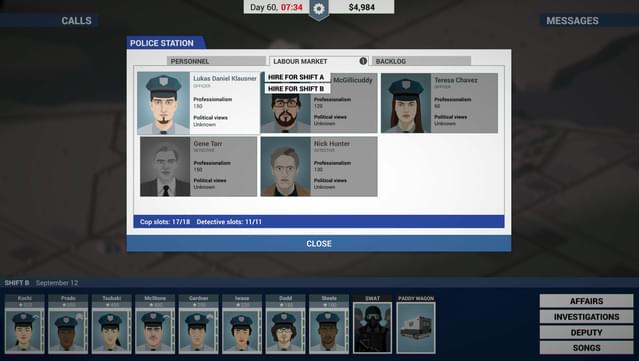 Keeping everyone safe is crucial and is a part of a therapist’s job.
Keeping everyone safe is crucial and is a part of a therapist’s job.
Do Therapists Have to Report Crimes: Therapist Confidentiality and Crime
We’ve previously discussed the confidentiality between priests and parishioners as well as the limits of lawyer/client confidentiality, but another group that people tend to share their deepest secrets with, and those are psychologists and therapists. You probably know that what you say in therapy is almost always confidential, but do therapists have to report crimes when patients confess them? Criminal defense attorneys believe everyone should know that while almost everything you say stays between you and your psychologist, there are some limits when it comes to therapist confidentiality in some crimes.
Therapist Confidentiality and Crime Reporting
The most famous limits to therapist confidentiality and criminal situations is when a therapist is legally required to break confidentiality if he or she believes the patient may hurt himself or someone else. While the most obvious example of this is the mandatory institutionalization of someone who is likely to commit suicide, psychologists are also require to report patients to the police or victim if the patient indicates he or she will commit a crime against someone else.
While the most obvious example of this is the mandatory institutionalization of someone who is likely to commit suicide, psychologists are also require to report patients to the police or victim if the patient indicates he or she will commit a crime against someone else.
Some people wonder if therapists have to report crimes, and the answer is a bit complex. They are legally required to tell the police or the potential victim if they believe a patient may hurt someone else. A psychologist is not required to report past crimes in most cases though. So, for example, if a patient tells his psychologist that he raped an adult woman, therapist confidentiality requires her to help work with him to overcome any feelings he may have that might make him commit the same crime in the future and work to help him get past any guilt he may feel about the crime. But if he told his therapist that he can’t stop thinking about raping the teenage girl next door, she is legally required to report the crime to the girl’s parents or the police.
These kind of limits to therapist confidentiality in criminal cases are not limited to the informed parties either. So in the previous example, if the patient raped a different teenage girl later on, the psychologist could be required to testify that the patient told him about his urges since she already made this information public when she told the police or the girl’s parents.
When Do Therapists Have to Report Crimes?
While therapists do not need to report crimes that have already happened in most cases, there are exceptions when it comes to therapist confidentiality in crimes involving crimes against children, the disabled or the elderly. This applies to both adult clients who may have committed crimes against their children or clients under 16 who have had crimes committed against them. If a counselor believes an adult client has abused or neglected a child, dependent adult or elder person, the therapist must report the crime. He also must report anyone he reasonably suspected to have viewed or downloaded child pornography.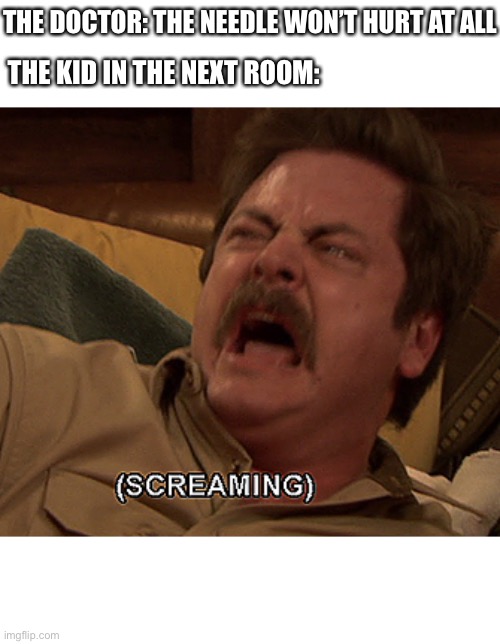
If the patient is a minor under 16 and the therapist has reason to believe that she has been the victim of a crime and the therapist believes it is in her best interest to report the crime, the therapist can choose to break patient confidentiality. For example, if a minor shows the symptoms of repeated sexual abuse and the therapist suspects her step-dad has been molesting her, the therapist can call child services or the police and report his suspicions.
Therapist Confidentiality: Crimes Involving a Psychologist
Additionally, the limits to therapist/patient confidentiality mean that a mental health professional is not required to keep discussions confidential if a patient tries to use them in order to commit a crime. For example, if a patient tells her psychiatrist that she has ADHD and needs a prescription for Ritalin, but the psychiatrist can tell she is lying simply in order to obtain pills to get high, the doctor is no longer restricted by patient/doctor confidentiality laws.
Waiving Therapist Confidentiality for a Crime Defense
On occasion, it might be in your best interest to waive your right to therapist confidentiality in criminal cases. For example, if you and your lawyer decide to make your mental state part of your defense strategy, your therapist may be called as a witness. While attorneys in rarely rely on the insanity defense, claiming diminished actuality is a common partial defense for those who did not have the actual specific intent to commit a crime because of their mental state and it may help you obtain reduced charges or a lighter sentence.
If you have any questions about whether or not you can rely on therapist confidentiality, you may want to speak with your criminal defense lawyer first. You can schedule a free initial consultation with attorney Peter M. Liss by calling (760) 643-4050 or (858) 486-3024.
Creative Commons Image by Paris on Ponce & Le Maison Rougue
Doctors will hand over data on unconscious patients to the police
Photo: iStock
This is very important for those who suddenly lost someone close to them. And, of course, for the police, including employees of the criminal investigation department, who are obliged to find the "lost".
And, of course, for the police, including employees of the criminal investigation department, who are obliged to find the "lost".
Elderly people often get lost, forgetting their names and unable to find their way home. The same is true for small children. And, of course, mentally ill people who, by chance, ended up on the street, and then in the hospital.
It also happens that a person loses his memory from a blow to the head. It is clear that all of them will receive the necessary assistance. But what to do with them next? Moreover, it is not easy for doctors today, in a pandemic.
Lost people, of course, are looking for - and relatives, and friends, and the police. The police even have a special service - the Bureau of Accidents, which collects information about missing people and unidentified corpses. They call hospitals and morgues. And the Investigative Committee, when reporting a missing person, even initiates a criminal case on murder. He will be found alive - thank God, the case can be closed with relief.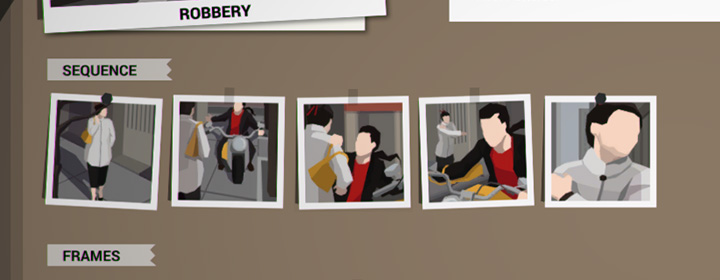
In general, the disappearance of people is always a very sore subject. According to various estimates, about 100 thousand people go missing in Russia every year, most of them are found over time. But this statistic is growing by 12-15 percent annually.
As of October 1, 2020, there were about 29 thousand people in the Russian missing persons database, more than one thousand of them were children.
Physicians are required to inform the police about patients who cannot provide information about their identity
According to Russian law, a missing person must be searched for fifteen years, after which he is officially recognized as dead. True, about 60 thousand missing people are found alive every year, which is good.
Of course, initiative information about unusual patients from doctors will greatly simplify the task. Moreover, relatives are increasingly sewing notes with addresses and phone numbers into the lining of their troubled grandparents and kids.
However, nurses and nannies do not always touch patients' clothes. And, moreover, do not try to bring them home. Well, until now, doctors were not obliged to do this, to report something somewhere, although many called the police. Now they are required. The law also confirms other duties of doctors.
Thus, they must inform the police if there are reasonable grounds to believe that the harm to the patient's health was caused by illegal actions. The order of the Ministry of Health approved a list of cases when it is necessary to inform law enforcement agencies. There are fourteen such signs of harm to health.
29 thousand people are listed in the Russian missing persons database, as of October 2020. Of these, more than one thousand are children
That is, if a person was admitted, say, with a knife or gunshot wound, was beaten or poisoned, shocked, strangled or raped, then a call to law enforcement agencies is mandatory. And even when there are signs of an intervention for the purpose of artificial termination of pregnancy outside a medical organization that has the appropriate license. In fact, the admission of the victim to the hospital becomes a kind of initial medical examination. Such a document, which tightens the requirements for medical personnel, was caused by the growth of latent crime. There are people who, even after becoming a victim of hooligans, robbers or rapists, are afraid to report them to the police. Nevertheless, doctors will treat the person, and the police will investigate the circumstances of the injury.
In fact, the admission of the victim to the hospital becomes a kind of initial medical examination. Such a document, which tightens the requirements for medical personnel, was caused by the growth of latent crime. There are people who, even after becoming a victim of hooligans, robbers or rapists, are afraid to report them to the police. Nevertheless, doctors will treat the person, and the police will investigate the circumstances of the injury.
However, the new amendment to the law is designed not to detect crimes, but to help people in trouble.
How to act correctly in case of death of a person - Moscow 24, 29.12.2015
December 29, 2015, 11:20
Call a doctor
Before the doctor arrives, prepare the following documents:
- relatives
It is necessary to call a local doctor if a person has died:
- in the afternoon
- On a weekday
- at home
Call an ambulance if a person died:
- at night
- sheet) and the protocol of examination of the corpse.

If a doctor has doubts about the death of a person from old age or illness, a police officer must be called to obtain a protocol for examining a corpse.
Call a police officer
Call a police officer (tel. 02 or 112) if the person who died at home:
- Has not been examined by a doctor within the last 3 months
- Died of violence or the cause of death is unclear
Before the arrival of the police, prepare the following documents:
- Passport of the deceased
- Passport of one of the relatives
Get a copy of the corpse examination report from the police officer. If a person died a violent death or the cause of death is unclear, police officers may send the body for a forensic medical examination
Important: if a person died at night and (or) outside the home, a law enforcement officer is called to the place of death in any case.

Call a car to transport the body to the morgue
To do this, you need:
- Death statement form (obtained from a doctor called to the place of death)
- Record of examination of the corpse (obtained from a law enforcement officer called to the place of death)
You need to get a referral form from the mortuary officer to get an outpatient card (if you don't have one).
Please note that it is not necessary to use funeral services recommended by doctors or law enforcement officials. If the employees of the funeral services agency came before the arrival of the doctor or the police or at the same time as them, you can also refuse their services.
If the body was transported to the morgue
Contact the polyclinic to obtain an outpatient card of the deceased with a written posthumous epicrisis (diagnosis, causes and development of the disease, rationale and treatment process, etc.
 ).
). To do this, you need:
- Referral form to the polyclinic to obtain an outpatient card of the deceased
- Medical policy of the deceased
- Passport of the deceased
- Passport of the applicant
After receiving the card, contact the morgue for registration of the death.
Important: you must obtain a medical certificate of death no later than the day after death.
If the body was not taken to the morgue
Contact the polyclinic for a medical death certificate.
To do this, you need:
- Declaration of death form
- Record of examination of the corpse
- Medical policy and outpatient card of the deceased (if you already have it)
- Passport of the deceased
- It is important to obtain a medical certificate 804 of the applicant
- Passport of the applicant
- of death must be filed no later than the day following the death.

Visit the registry office
After receiving a death certificate at the morgue or clinic, get the registry office or contact the MFC:
- Stamp death certificate
- Death certificate (form 33)
For this you need the following documents:
- Medical death certificate
- Passport of the deceased
- Passport of the applicant
Organize a funeral
Use the services of a funeral home or organize a funeral yourself.
Please note that in some cases you can get a funeral benefit, but you must apply for it no later than 6 months from the date of death.
Inherit rights
Inherit real estate, if any.
Important: it is impossible to enter into inheritance rights until the payment of officially registered debts and payments on loans.
If the person died in the hospital
The body of the deceased is transported to the pathology department at the hospital (if there is none, the body is transported to the morgue according to the release scheme.
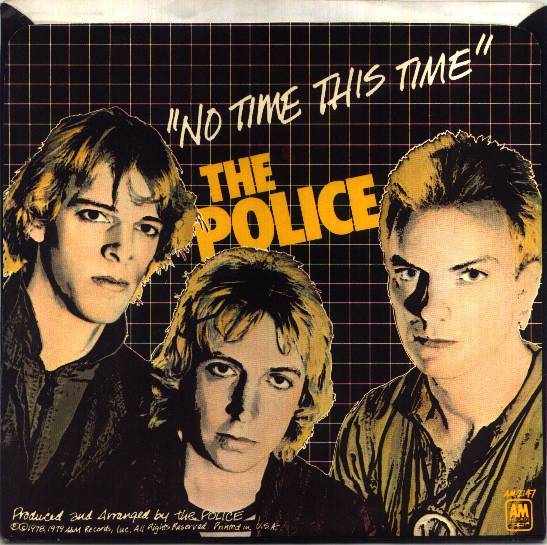 Contact the reception to find out which morgue is attached to the selected hospital).
Contact the reception to find out which morgue is attached to the selected hospital). To obtain a medical death certificate, contact the hospital or mortuary reception, providing the following documents:
- Passport and policy of the deceased
- Applicant's passport
Important: a medical death certificate must be received no later than the day after death.
If the person died in a public place
The body of the deceased is transported to the forensic morgue. The procedure for obtaining a medical certificate of death is the same as when a body is in a regular morgue.
If the person died outside the city
- Call the local doctor or an ambulance (depending on the location of the site where the person died) and get a death statement form (or an accompanying sheet)
- Call the police and get a body examination report
- It is necessary to transport the deceased to the nearest morgue
- At the morgue, receive a medical certificate of death (the same as when the body enters the morgue located in Moscow)
- After receiving a medical certificate, you can transport the body to any morgue
died abroad
A medical certificate must be obtained from a local medical organization.

Most countries require that a declaration of death be submitted to the local registry office, but the death must also be registered with the Consulate of the Russian Federation.
Make sure that a death certificate obtained abroad is officially recognized in the Russian Federation. To do this, it must be executed in compliance with all formalities (translated into Russian, the correctness of the translation must be confirmed by a notary. The translated certificate and notarization must be certified by apostille stamps).
Please note that the transportation of the body of the deceased to their home country and the responsibility for completing all the formalities lies with the consular office. In this case, the payment of expenses is assigned to the relatives of the deceased.
If the deceased had an insurance policy, part of the costs can be covered by the insurance company (if such items are included in the policy).
It takes about 2 weeks to deliver the body to Russia (including mandatory autopsy and execution of all necessary documents).

Learn more
